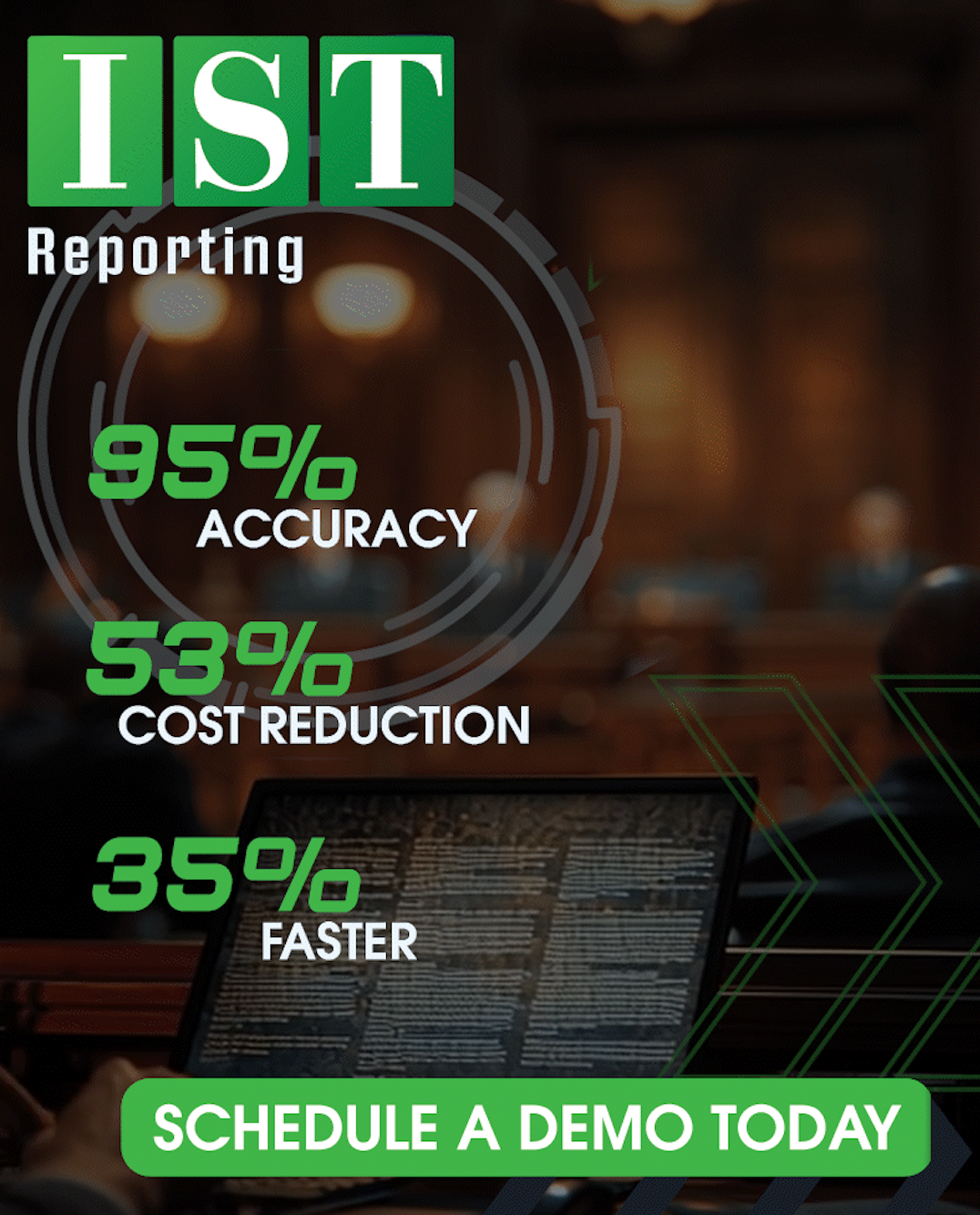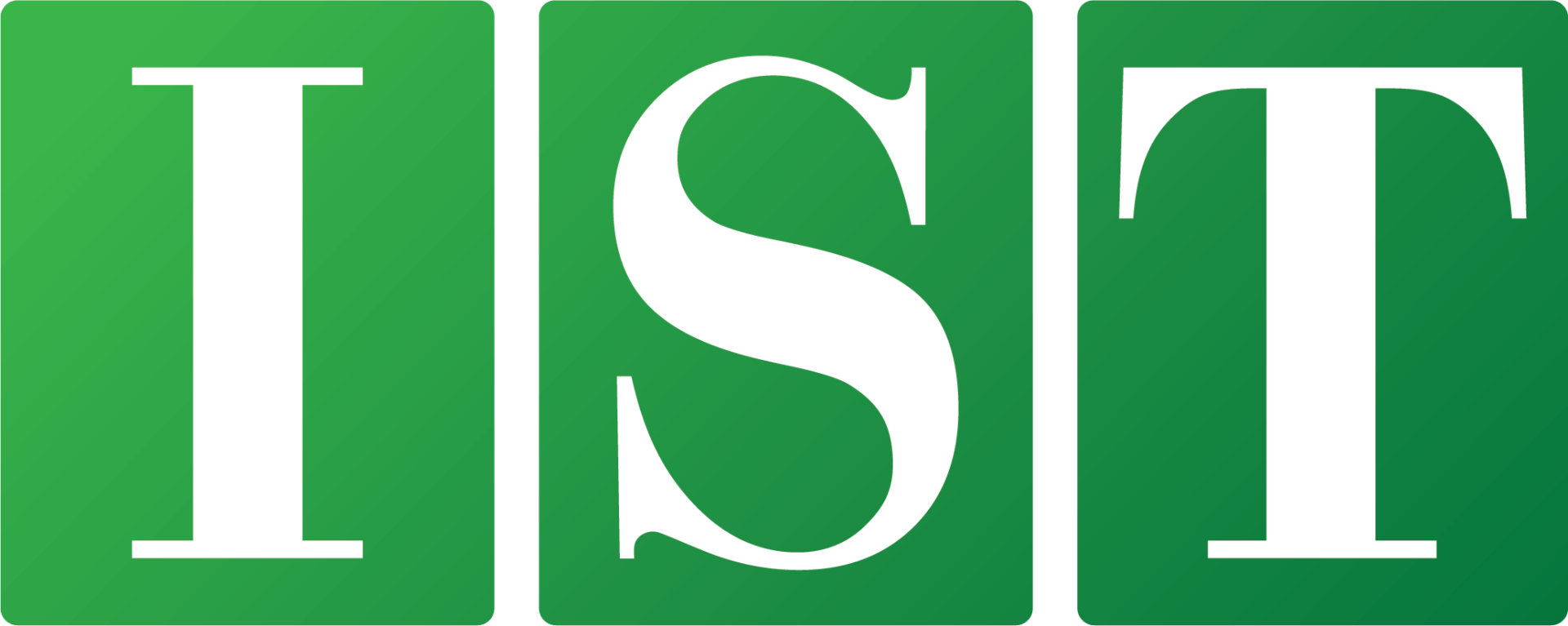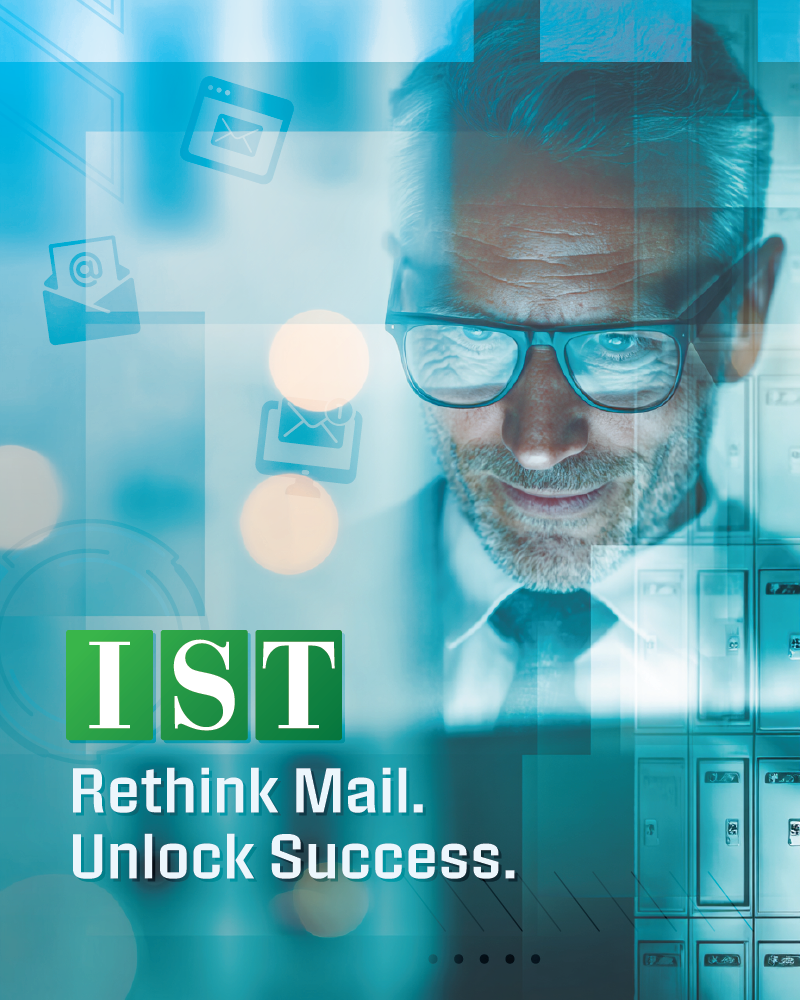Outsourcing Litigation for Stronger Firms
Innovate & Integrate
Navigating the complex world of litigation is a balancing act of agility and assertion, positioning a competitive service that anticipates future advancements while remaining dedicated to your core business. It demands a strategy that outmaneuvers competitors and, increasingly, Artificial Intelligence, ideally with a limitless cash flow. Regardless of firm size and notoriety, the legal industry's current challenges may pose the curiosity if now is the time to outsource or insource litigation support.
Legal Process Outsourcing (LPO) grew during the 2000's recession and has since solidified its position as a flex support solution that can keep costs manageable. Insourcing litigation service is undoubtedly attractive– greater control and oversight of service and added synergy between departments and teams. Still, it requires a large budget and resources to build and ultimately rebuild talent. It additionally requires another balancing act of understanding and wielding purchased technology to adequately handle each case matter, even as those in-house products merge and evolve.
For firms and organizations wanting to leverage the best in expertise, technology, and cost-effective support, outsourcing litigation is the great equalizer.
Cost-Effective Solutions
Offering the same service, if not more focused and reflective of market trends, at a more approachable cost is the overall sales pitch for outsourcing litigation support, and rightly so. Outsourcing eliminates the heavy administrative weight of building and maintaining an in-house service. The cost to recruit and retain lawyers skilled in each facet of litigation is immense, but through a provider, firms gain leading specialists for each step as part of their partnership.
Return On Investment (ROI) is easily quantifiable and tangible in an LPO through cost savings, revenue growth, and profitability. The return of lost time and cost to handling an in-house solution can renew dedication to other revenue-generating activities, and faster, more efficient services can increase client satisfaction and loyalty.

Specialized Expertise
An LPO places experts from each litigation step to your next project by competitively recruiting from nationwide talent pools. Each project will include subject-matter experts located nationally who may work beyond one stationary workday, yielding faster service times and work turnaround. Firms can focus on their core business goals rather than lose time from employee management, and smaller teams gain flex support to champion more extensive casework.
Scalability and Flexibility
LPOs can offer a complete end-to-end eDiscovery or patchwork service, scaling resources where needed. Opting for the latter option can be a supportive step for firms hoping to eventually insource by keeping exceptional service through a partnership and having the added time to strategize future growth.
An LPO prioritizes not only competitive technology but also people. With an outsourcing partner, firms gain cutting-edge technology and project managers to lead the service and additional attorneys, if needed, to strengthen the workforce for any project.
Enhanced Data Security and Compliance
Data security is essential as litigation evolves, and that concern may influence one's preference for outsourcing or insourcing services. A competitive LPO partnership invests in robust security measures and compliance protocols and works closely with its IT department to ensure a seamless product. LPOs focus on a superior experience, so having the best, updated technology is a chief responsibility. Investing in an in-house solution does not necessarily guarantee that you're getting the most updated technology, and further, requires those operating to make sure they have the infrastructure to stay ahead of any trend.
Streamlined Workflows and Efficiency
Streamlining litigation, especially for an end-to-end solution, means a heightened focus on efficiency, both in quality and time. Dedicated teams, led by an experienced project manager, that communicate continuously, paired with leading technology that embraces automation and faster processes, accomplish this. Clients gain optimized workflows and the bonus of a partnership that wants to execute their vision, prioritizing onboarding and regular check-ins.
Outsourcing multiple projects benefits from an optimized database, where mountains of data are centralized on a searchable database, allowing easy culling from the well-structured data for future cases.
Focus on Core Competencies
Outsourcing litigation returns your core focus to your primary business and client satisfaction. LPOs can assume drafting contracts, writing briefs, research, and documentation, among other pressing tasks that make up a competitive service level. In opting for technology through an LPO, you stay focused on law, not on the technology that rapidly changes and evolves.
Success Stories:
With the support of competitive LPO, firms can move from disparate platforms that tackle separate steps of litigation and move to a seamless partnership, saving time and money. With transparent cost structures, firms can tangibly measure and scale their support.
Choosing the Right Outsourcing Partner
When choosing a partner, look for:
- A focus on communication and collaboration. A partnership should feel like an extension of your business versus a separate entity. If a vendor doesn't prioritize this step, anticipate interruptions to the service.
- The implementation plan– The risk of outsourcing often falls in implementation. IST's PM team guides clients through each onboarding step to ensure team success and synergy.
- Technology used. Assess which technologies are used to tackle litigation and how it's hosted, and understand their commitment to data security and compliance.
- Defined service levels. Outline your need, whether meeting strict deadlines, gaining expertise, etc., and compare with the partnership an LPO vendor outlines.
Navigating Future Trends and Innovations
The legal world will continue to shift and become more complex, meaning that choosing to outsource and insource litigation will significantly influence how you conduct business today and for years to come. Ensure you're proactive in readying for an unmatched service that competes with technology. If you're considering insourcing, determine if the products you use for eDiscovery are routinely updated to reflect the industry standard. An LPO will undoubtedly guarantee that your technology is optimized and unmatched, understanding that your success is their success.
For a steady service that allows you to look ahead and measure its value, outsourcing litigation is a competitive option that places partners at the front of legal trends and customer service. IST Management is a leading vendor for outsourcing litigation support for any case matter. Find out how IST can address your litigation needs through our partnership here.






